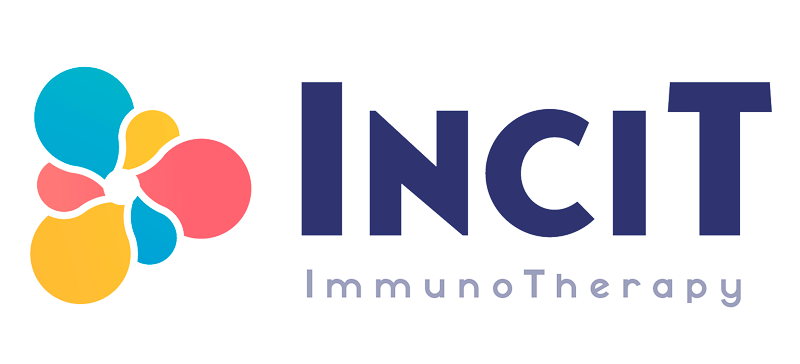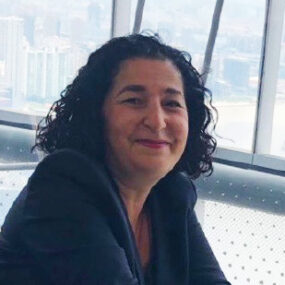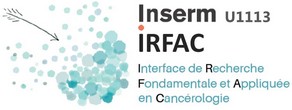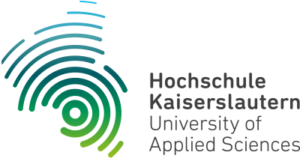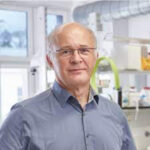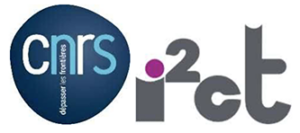Consortium
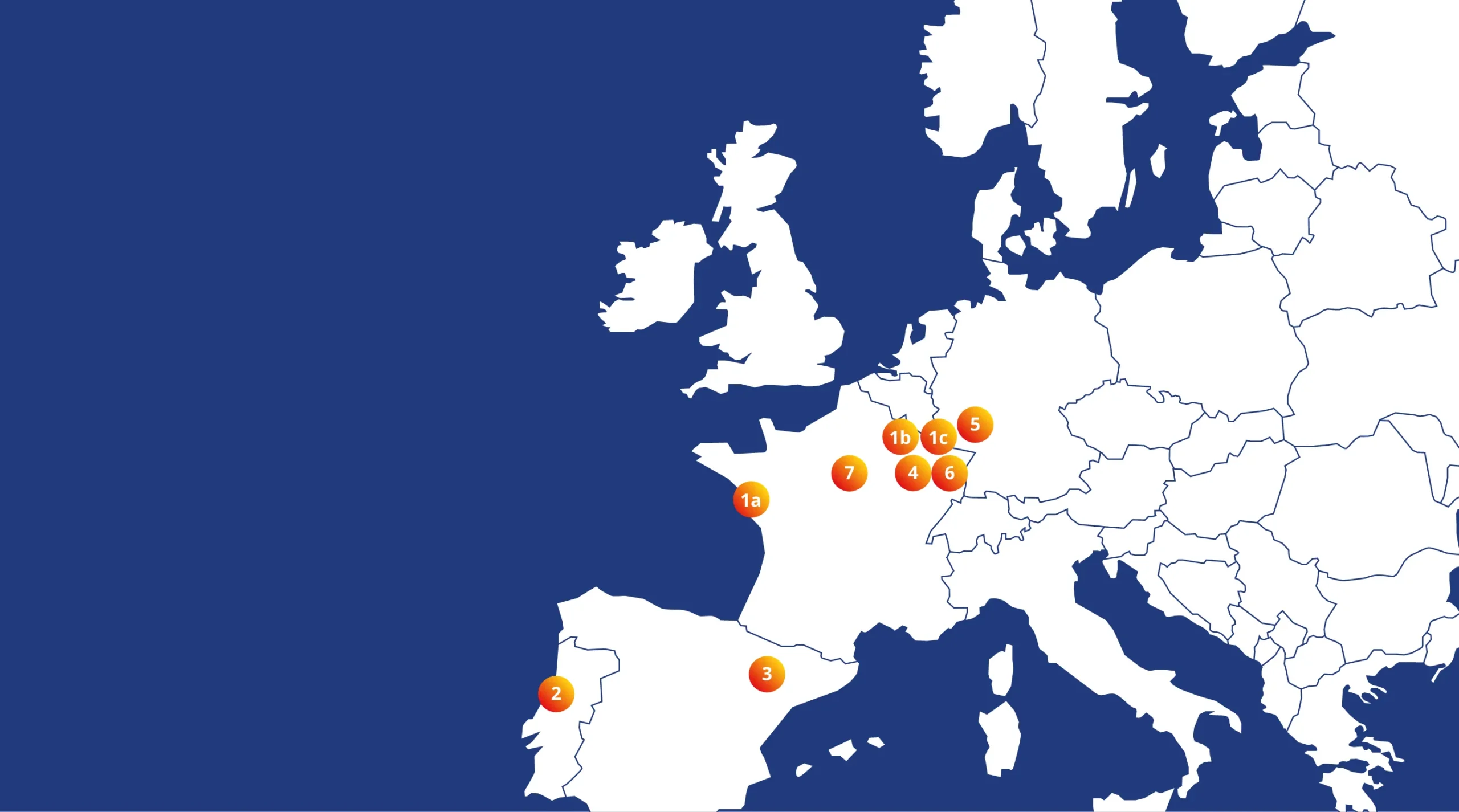
Inserm UMR 1302 / CNRS EMR 6001 « Immunology and New Concepts in Immunotherapy »
(INSERM) FRANCE
INSERM-UNISTRA UMR 1260 “Regenerative Nanomedicine”
(INSERM) FRANCE
Inserm UMR 1113 « Interface de Recherche Fondamentale et Appliquée en Cancerologie »
(INSERM) FRANCE
METATISSUE
Human-based products for Cell Culture and Tissue Engineering – PORTUGAL
BEONCHIP
Biomimetic Environment on chip – SPAIN
IHU STRASBOURG – INSTITUT DE CHIRURGIE GUIDÉE PAR L’IMAGE
(IHU STRASBOURG) FRANCE
UNIVERSITY OF APPLIED SCIENCES KAISERSLAUTERN
(UASKL) GERMANY
CENTRE NATIONAL DE RECHERCHE SCIENTIFIQUE
(CNRS) FRANCE
INSERM TRANSFERT SA
(IT) FRANCE
Complementation
2 Academic research organizations
INSERM and CNRS
2 SMEs
Metatissue, Beonchip
2 Universities
IHU Strasbourg, UASKL
1 Technology transfer office
IT
The participants have been selected upon their complementation of expertise, to guarantee the entire research resources and capabilities from cell profiling up to 3D organoid system development. This consortium benefits from an excellent work environment providing cutting-edge, imaging and transcriptomics and proteomics platforms, as well as access to patients’ samples and clinical data.
Excellence
The MITI2 consortium builds on the strong expertise and proven track record of the contributing beneficiaries, spanning different biological areas and experimental approaches.
- Renowned researchers from across Europe, each with a strong technical, clinical and/or scientific background and highest expertise in the field of intestinal diseases, nanomedicine, immunology, neurology, biomaterial and mesofluidic device engineering.
- Impressive track records of all beneficiaries in scientific publications in peer-reviewed high profile scientific journals with large visibility and high impact both in the scientific and public domains.
Cooperation
Several of the beneficiaries have been long-term collaborators and have already published joint publications or grants. The project will take advantage of the state-of-the-art facilities and platforms hosted by the beneficiaries’ institutions that are necessary to reach its ambitious scientific and technical objectives.
Click on the map above to learn more


